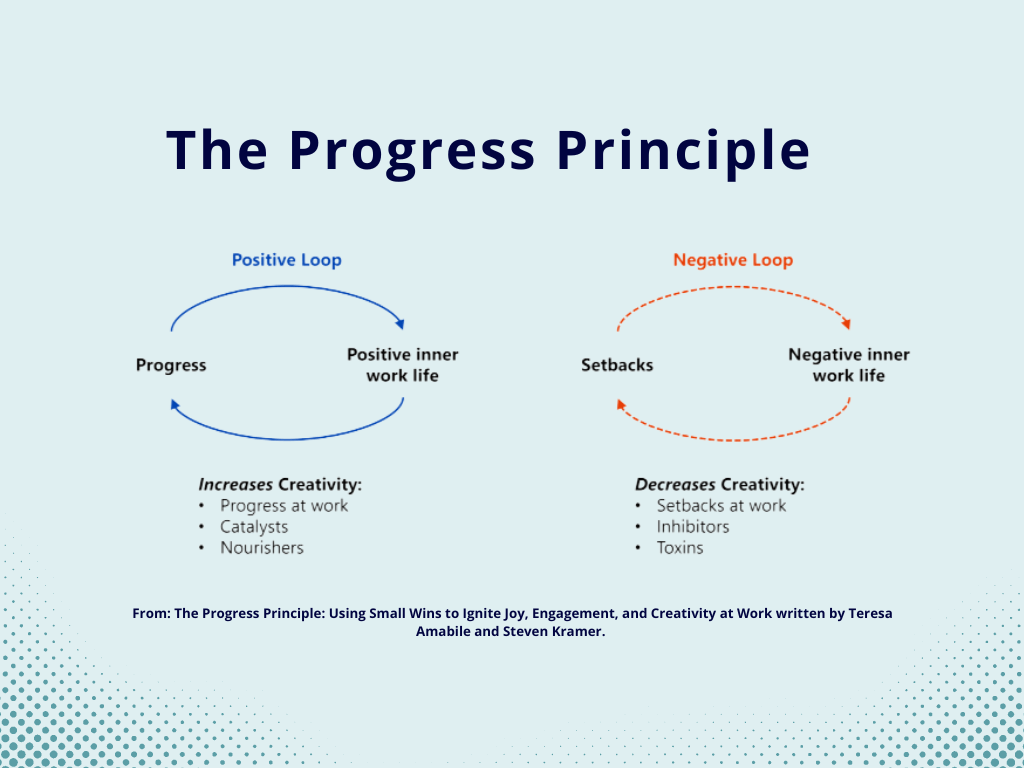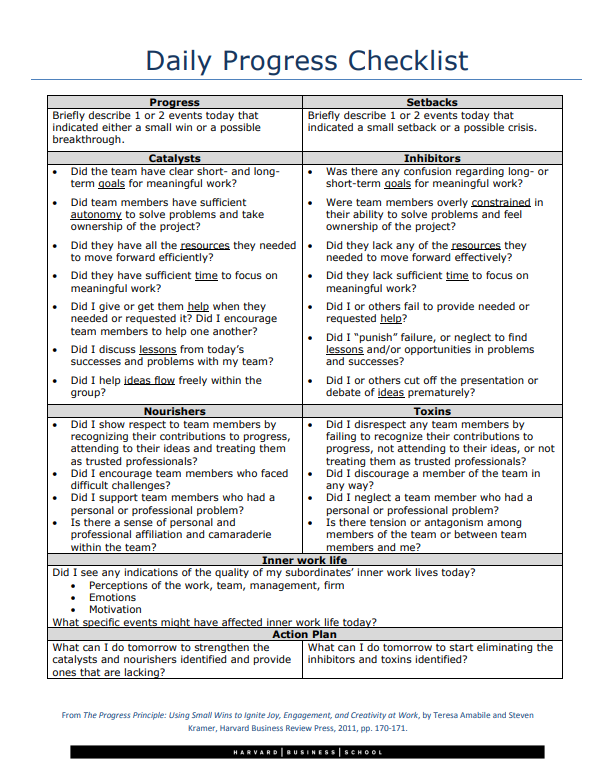Why you need to celebrate your progress to achieve more
The power of celebrating your progess to achieve more!
My husband and I babysat our niece (4 yo) and nephew (2 yo) a few weeks ago. We had an amazing time with them, dancing to the wiggles, building a cubby and playing with toys (we’re seriously the best Aunty and Uncle, right?!!).
The kids are at the age where they are looking to the adults around them for validation and support of what they do. So every time they danced, did something for themselves or just did something really cute, we celebrated by clapping and cheering for them. In turn they smiled and joined in the clapping and cheering and they also continued to behave in the ways they were cheered on for.
It made me think that sometimes as adults we get so busy or distracted that we forget to stop and celebrate our wins and our day-to-day progress. As leaders we also sometimes forget to recognise and acknowledge the day to day wins and process of our teams and hold the celebrations for the big successes or completion of projects!
Celebrating your progress is all about shifting the focus away from negative thoughts, such as what you haven’t yet achieved, to what you
HAVE
achieved. In turn this gives us the confidence, energy and drive to keep going.
It’s not just in our work life, the power of celebrating our progress motivates us in everyday life like when we’re:
- Learning to paint something new - we celebrate the progress of our first picture to the masterpiece that we eventually put up on the wall.
- Wanting to run 10klm - we may start by walking, then running 2klm, then 4klm and we celebrate each time we can run a bit further.
- Gaming – we finally beat that one badass boss that seemed unbeatable, we celebrate even though there’s still more to play
Without these conscious acknowledgments of growth and progress, achievement and success have no meaning. We also would have lost our motivation to keep trying unless we have seen progress along the way.
I love this simple visual of The Progress Principle or Progress Loop, from the book,
The Progress Principle: Using Small Wins to Ignite Joy, Engagement, and Creativity at Work written by Teresa Amabile and Steven Kramer.

One of the most interesting and significant pieces of people research can be found in this book, where the authors analysed nearly 12,000 diary entries provided by 238 employees in 7 different companies. Each day the employees’ diaries would specify how each person felt about their work as well as detailing what happened during the day. Using extensive analytical methods, the authors and their teams could then tell whether the person who had written the entry had been creative that day, how their work was going and how their work appeared to relate to others in their team.
Their research found a strong connection between the inner work lives of the employees who participated and their creativity, their work performance AND the performance of their entire team.
They also found that what drove the employees was not a pay increase, bonuses or generalised recognition, but the most powerful driver of their work performance was the feeling of making progress at work!
Behaviours that help improve team productivity and happiness
The authors also identified 7 positive behaviours that
leaders showed in their everyday work during the research to directly facilitate and promote successful project work. They were:
- Set clear goals
- Support autonomy
- Provide sufficient resources
- Give enough time – but not too much
- Help with the work
- Learn from problems and successes
- Allow ideas to flow
The authors also provided a
Daily Progress Checklist (below) which can be useful in tracking each day and whether you as a leader have helped or hindered your team.

Takeaway
To become a great leader and build a high performing team, you will need to implement more of the positive behaviours listed above and learn how to set the positive Progress Loop in motion.
You will also find that celebrating the small wins and focusing on the positivity of the progress you and your team are making, will make managing individuals, teams and the organisational outcomes much easier and more achievable.
How will you implement some of these tools to improve the creativity, productivity and happiness of your team?


READY TO GET THINGS DONE?
Revolution Consulting Group is your Dedicated HR Partner









